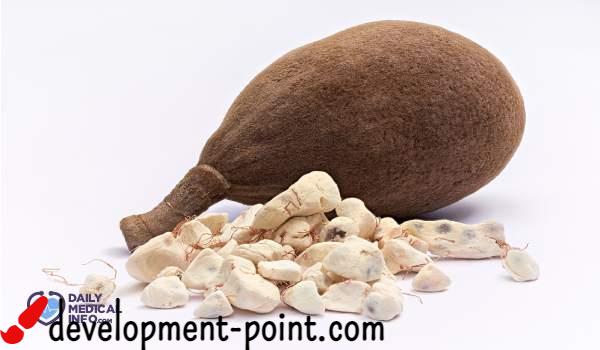Chikou fruit: What are its most prominent health benefits? (sapota fruit)
The chikoo fruit, also known as the sapodilla-chikoo fruit, is one of the most popular and delicious tropical fruits found in the Caribbean islands. They consist of a soft pulp that contains simple sugars such as sucrose and fructose that are easily digestible. It is considered native to southern Mexico and Central America, but its cultivation has now spread around the world. So what is it Chikoo fruit benefits or sabotage?
Chikoo fruit benefits
Sapota fruit has many health benefits Among the most famous:
1. Rich in antioxidants
Chikoo fruit is one of the fruits rich in tannin, which has anti-inflammatory and antibacterial properties. So you may find these compounds in some traditional medicines such as anti-diarrhea and hemorrhoid treatment.
2. Treat infections
Its anti-inflammatory properties help treat conditions such as gastritis, esophagitis, and bowel disorders.
3. Treating anxiety and stress
Stress is one of the most common health problems, the effects of which can be mitigated by consuming sufficient amounts of vitamin C. This is what makes eating chikou fruit, which is rich in vitamin C, a good thing in order to reduce symptoms of stress.
4. Treating the common cold
The fact that this fruit contains vitamins, including vitamin C, helps to boost the immune system in order to combat infection factors, colds, and reduce the risk of developing pneumonia.
5. Chikou fruit and weight loss
Foods rich in dietary fiber help suppress appetite, reduce cravings for more carbohydrates, and reduce fat storage.
6. Fighting anemia
Anemia or anemia occurs as a result of iron deficiency, which impedes the body’s ability to produce blood hemoglobin and transport oxygen. Therefore, eating iron-rich foods, including chicory, helps reduce the risk of anemia.
7. A rich source of vitamins
Chikou fruit contains a large amount of vitamins such as:
- vitamin C Which plays an essential role in combating infection factors and combating free radicals in the human body.
- And vitamin A Which the body needs in order to maintain healthy eyes, skin, and mucous membranes. It also reduces the risk of lung cancer.
It also contains folic acid, niacin, and pantothenic acid, which help enzyme functions by participating in body metabolism.
8. A fruit rich in minerals
Sapota fruit is a rich source of minerals that the body needs for efficient functioning, such as potassium, copper, and iron
The nutritional value of sapota fruit
Chikou fruit (per 100 gm) contains many nutritional values, such as:
- Carbohydrates: 19 g of the required daily value
- Protein: 0.44 g of the daily value required
- Fiber: 5.3 g of the required daily value
- Sodium: 12 mg of the daily value required
- Potassium: 193 mg of the required daily value
- Calcium: 21 mg of the required daily value
- Magnesium: 12 mg of the required daily value
Each 100 g of sapota fruit contains about 83 calories. In addition, it is a good source of dietary fiber, which facilitates digestion, relieves constipation, and works to help protect the colon mucosa from cancer-causing toxins.
Cautions when using
Eating an unripe Chikou fruit may cause some symptoms, such as:
- mouth ulcers
- breathing problems
- Throat irritation
- Abdominal pain
It should also not be over-consumed, as it contains a high percentage of calories, which may lead to weight gain.
And after you learned about the benefits of Chikou fruit and its nutritional value, and you needed any medical advice, you can contact a certified doctor through this link.

